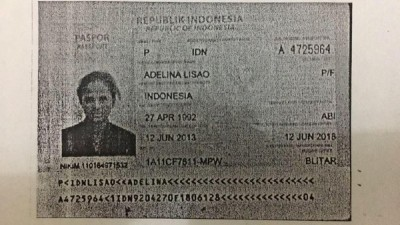In 2010 we published this report about the abuse of detained migrants. This is some of what we learned.
#MigranJugaManusia
amnesty.org/download/Docum…



#MigranJugaManusia
amnesty.org/download/Docum…




What is the future for detained migrants? Shoved into cellblocks with close to 300 other detainees where daily drinking water becomes a daily trial, physical and sexual abuse becomes a reality, overcrowding and poor hygiene creates a breeding ground for illness and disease.
• • •
Missing some Tweet in this thread? You can try to
force a refresh
















